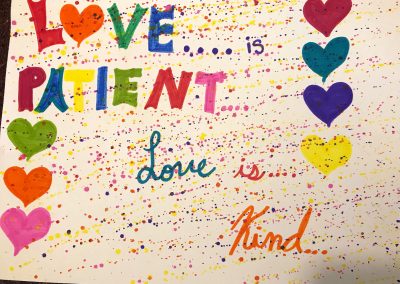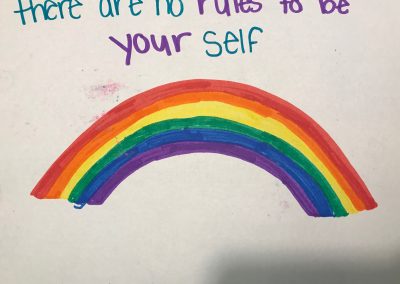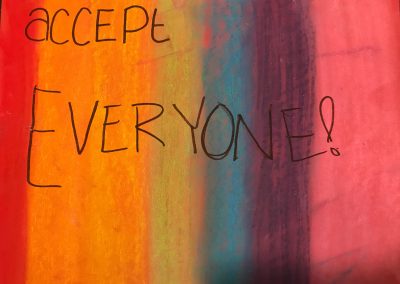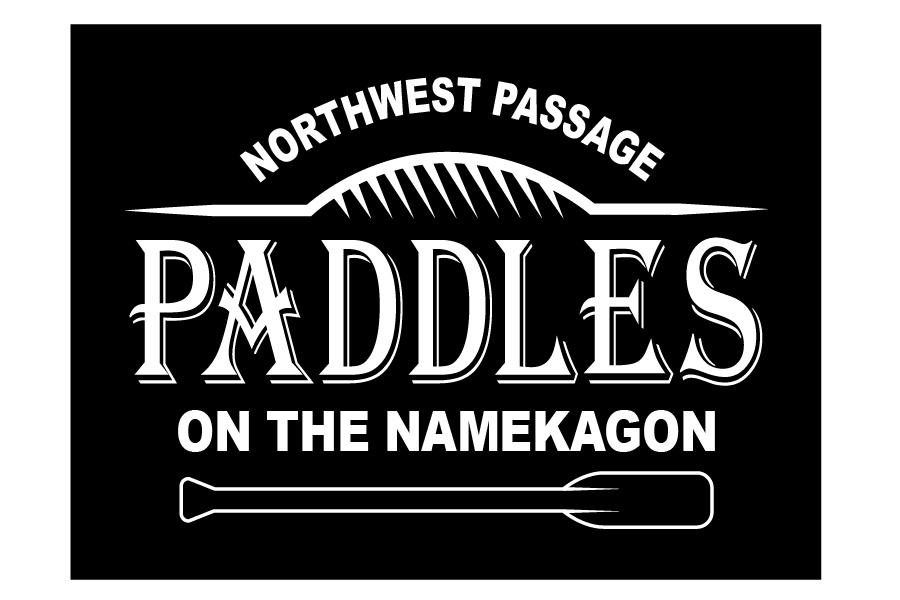Happiness through Kindness and Service
At Northwest Passage, we understand the importance of living a therapeutic lifestyle. One important element of that therapeutic lifestyle is service. Participating in service and exemplifying kindness can help not only those at the receiving end of the generosity but also those who give. Kindness is good for a person’s physical and emotional well-being. Practicing kindness can make a person happier, improve physical health, and even lengthen a person’s lifespan.
Neuroscience and psychology offer scientific evidence that shows the physical and emotional benefits of service and acts of kindness. According to research from Emory University, when a person does an act of kindness or service the pleasure centers of the brain light up. These are the same areas that light up for the person receiving the kindness. This distinct physical sensation that is associated with helping is known as the “helper’s high”. Performing acts of kindness increases the serotonin level in the brains of both the giver and recipient of the kind act; even anyone who simply witnesses the act gets the boost! This increase in the brain’s feel-good chemical causes both the giver and recipient to feel stronger, more energetic, calmer and less depressed.
Kindness also helps to build and nurture social relationships. Showing kindness and empathy helps us to relate to others, making the relationships we build more positive and fulfilling. Any behavior that gets people interacting with one another can generate positive feelings. Naturally, any activity that involves participating in service or an act of kindness involves interacting with others. In doing service you are showing kindness and compassion for another person.
Helping others also buffers the negative effects of stress on one’s well-being. By showing empathy and doing acts of kindness a person is distracted from any negative thoughts that may be weighing on themselves. By focusing on being compassionate or kind to others, a person is responding to their own pain and the other’s pain with compassion and caring action. When you tune into another’s needs and send compassionate thoughts to them it fills you with more energy. It is human nature to want to help someone that is suffering or in need of help. We care about others and it feels good to relieve the stress we feel when we see another suffering.
Being compassionate, kind, and doing acts of service produces a sense of fulfillment. By helping others, one has a greater feeling of self-worth and purpose. You feel better mentally and emotionally when you stop thinking about negative stressors in your own life and take a few moments to help someone else in need. Being kind is good for yourself and those around you.
We are always looking for ways to give our residents an opportunity to engage in the community through acts of service. Over the years the kiddos have shoveled snow off numerous wheelchair ramps, planted 60,000 white pines, cleaned hundreds of miles of roadsides, stacked hundreds of cords of wood for “Interfaith Caregivers”, helped set up the Siren Lions Club garage sale for the past ten years, helped load vehicles at the local food shelf and helped clean hundreds of Northwest, WI boat and canoe landings. This is just a short list of the many ways that our kiddos get involved in the community. Service not only helps the kids on their path towards hope and healing but also allows them to foster healthy relationships with community members.
By working directly with the community the residents begin the healing process by feeling wanted and accepted. Their sense of self-worth explodes in a positive direction when an elderly lady says “Thank you, young man, for helping me”. Hope for a better tomorrow is restored by the gratitude and the shining beacon of the local community while embracing the kids within its light and showing genuine humanity and resound.
Service gives the kiddos a sense of accomplishment, pride and overall satisfaction in knowing they are contributing to a community. Often times, service becomes an important part of their wellness plan when they leave Passage to continue their contribution to the community they return to.












Recent Comments